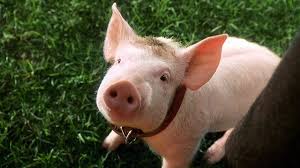Satisfice
Satisfice
/ˈsætɪsfaɪs/ (portm. of “satisfy” and “suffice”) (n.)
That’ll do. A pragmatic alternative where you cannot achieve the optimum so settle for something sufficiently satisfactory that no one complains enough to leave. Technically, you either simplify your model and optimise for that simplified model even though it doesn’t quite fit in every case, or you keep the intractable world and lower your threshold for solving whatever your problem is.
|
The design of organisations and products
|
Both from these scanty data and from an examination of the postulates of the economic models it appears probable that, however adaptive the behavior of organisms in learning and choice situations, this adaptiveness falls far short of the ideal of “maximizing” postulated in economic theory. Evidently, organisms adapt well enough to “satisfice”; they do not, in general, “optimize.”
- —Herbert Simon, Rational Choice and the Structure of the Environment
Humans, not really having a choice, do this all the time. It explains Marks & Spencer.
